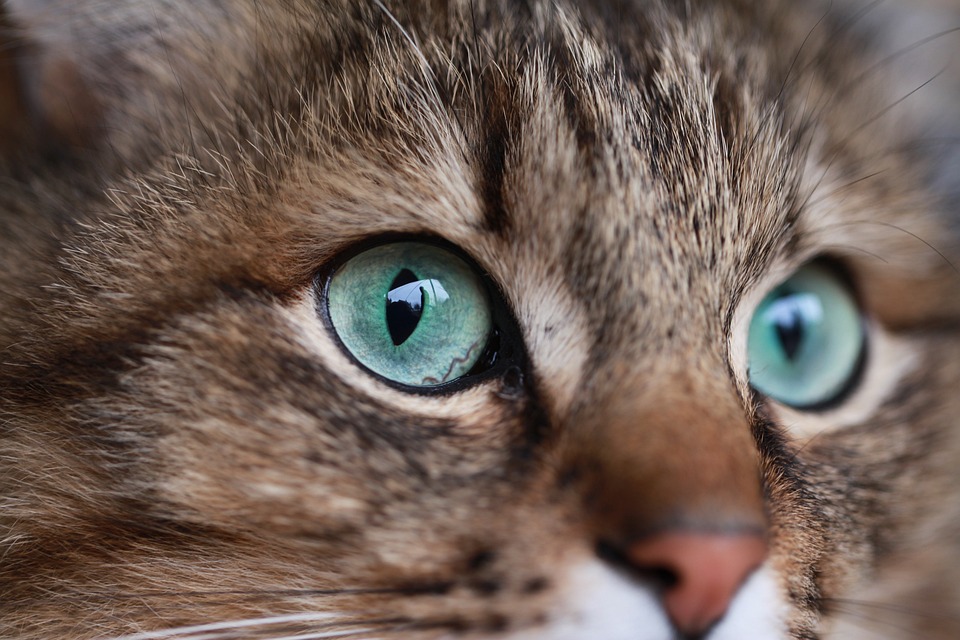Tail biting behavior in cats can be both concerning and frustrating for cat owners. Understanding the causes behind this behavior is crucial in order to effectively address it. Medical issues, stress and anxiety, and behavioral problems are some of the potential causes of tail biting in cats.
If you notice your cat engaging in tail biting behavior, it’s important to consult with a veterinarian to rule out any underlying medical conditions. Medical issues such as flea infestations, allergies, skin infections, or injuries may be causing discomfort or irritation, leading to tail biting.
Providing environmental enrichment is another effective solution to address tail biting behavior. Cats need mental and physical stimulation to thrive. Make sure your cat’s environment is enriched with toys, scratching posts, and interactive play sessions. This will help redirect their energy and reduce the likelihood of tail biting.
Stress reduction techniques can also be helpful if your cat’s tail biting behavior is related to stress or anxiety. Creating a calm and secure environment by providing hiding spots, vertical spaces, and using pheromone diffusers can help alleviate anxiety and reduce tail biting.
Regular grooming and flea prevention are crucial in maintaining good hygiene and preventing irritations that may cause tail biting. Regular grooming sessions will help keep your cat’s tail clean and free from irritation, reducing the likelihood of biting.
It’s important to address some frequently asked questions regarding tail biting behavior in cats. Tail biting can sometimes be a sign of a serious health problem, but it’s not always the case. Consulting with a veterinarian is essential to rule out any medical issues. Differentiating between tail biting and other tail-related issues like excessive grooming can be done by observing your cat’s behavior and seeking professional advice. Using a bitter spray on your cat’s tail may deter them from biting, but it’s important to identify and address the underlying cause for long-term behavioral changes.
In conclusion, tail biting behavior in cats can have various underlying causes. By providing a stimulating environment, addressing any health concerns, and reducing stressors, cat owners can help their cats overcome tail biting behavior and ensure their overall well-being.








